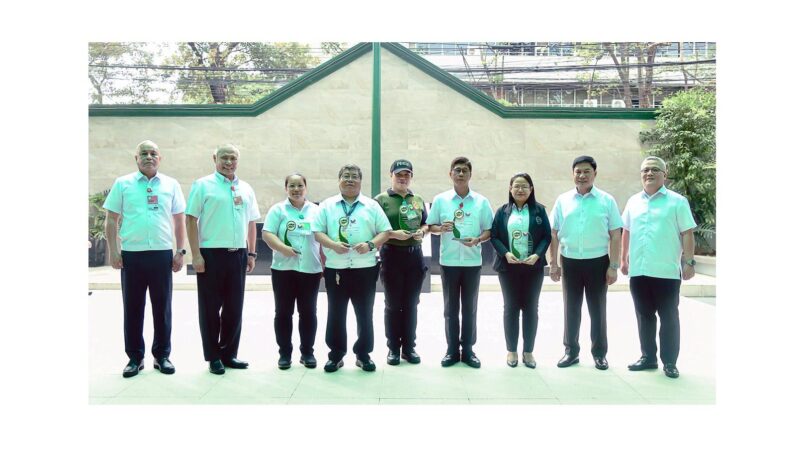Hontiveros files bill to protect children from online sexual exploitation
“Panahon na para wakasan ang online sexual exploitation of children (OSEC). Dahil sa maraming kapabayaan, naging global hotspot na tuloy ng OSEC ang Pilipinas. Patuloy nating ipaglalaban ang ating mga bata at kabataan. Dapat malaman ng mundo na hindi dapat ikinakalakal ang kanilang kamusmusan.”
This, according to Senator Risa Hontiveros as she filed Senate Bill No. 2068, also known as the Anti-Online Sexual Abuse and Exploitation of Children Law or Anti-OSAEC Law, to strengthen the protection of children against online sexual abuse and exploitation.
According to the International Justice Mission, 86% of online sexual exploitation of children victims are female while 14% are male. IJM also revealed that OSAEC is a family-based crime, with the majority of the customers coming from Western countries.
“Even before the rise of technological advances, our country has been a destination for sexual offenders, who would target or manipulate women and children, especially those from impoverished areas. Matagal nang nagiging biktima ang ating kababaihan at kabataan. Pinalala lang ng social media at internet,” Hontiveros said.
“Dapat malutas narin natin ang puno at dulo ng transaksyong ito: ang kahirapan. Walang mapipilitang magbenta ng mga anak nila kung may maaayos at disenteng mga trabaho sa bansa. Ngayong Women’s Month, munting handog natin itong panukalang batas para sa ating kababaihan, lalo na ang mga batang babae na patuloy na nagiging biktima ng karahasan at pangaabuso,” the senator added.
SBN 2068 amends the Anti-Child Pornography Act of 2009 and the Anti-Photo and Video Voyeurism Act of 2009, as these existing laws do not capture the extraordinary features of OSAEC and these are not responsive to the protection needed by using the internet.
The bill seeks to penalize: those who willfully subscribe to, join or support an Internet address that hosts OSAEC content; those who hire, employ, or pay a facilitator to stream sexual abuse of children; and those who knowingly benefit from the commission of OSAEC, among many others. Duties and responsibilities are also introduced for Internet Service Providers, social media networks, financial institutions and intermediaries, and establishments or facilities used for OSAEC.
“Bawat isa sa atin ay may responsibilidad para matigil na ito. It takes an entire community to help put an end to OSAEC. Successful OSAEC-related operations by our law enforcement would not have been possible without the cooperation of community members. Kaya makilahok tayong lahat para maproteksyunan ang ating kabataan,” Hontiveros concluded. ###







